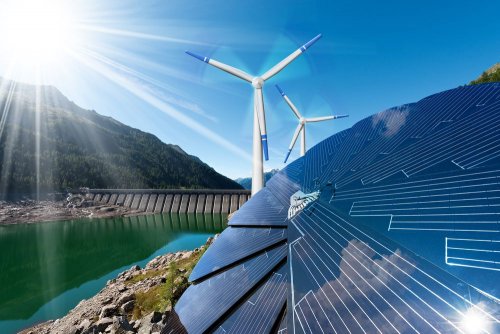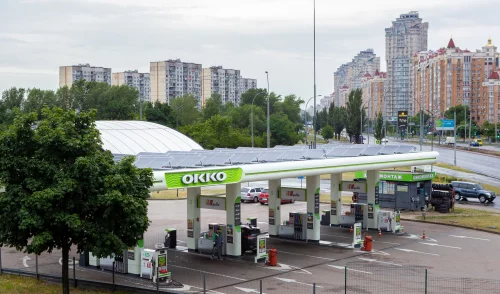Countries around the world are on track to implement plans announced at last year's COP28 climate summit in Dubai to triple the capacity of renewable energy sources (RES) such as wind and solar by 2030 and reduce fossil fuel use.
This is what the authors of the International Energy Agency (IEA) report, published on September 24, are sure of, just as government and business leaders gathered at Climate Week in New York to try to speed up the fight against climate change.
But this will require a huge effort to unblock "bottlenecks" such as obtaining permits and connecting to the electricity grid, experts warned.
Almost 200 countries at the COP28 climate summit agreed to achieve zero emissions in the energy sector by 2050 and pledged to triple the capacity of renewable energy sources.
The IEA said that the goal of developing renewable energy "is within reach thanks to a favorable economy, significant production potential and strong policies." At the same time, experts noted that the increase in renewable energy capacity in itself will not lead to a reduction in the use of fossil fuels and a reduction in costs for consumers.
What actions are required
According to experts, in order to realize all the potential benefits from the tripling of RES capacity, countries need to make a joint effort to build and modernize 25 million km of power grids by 2030 and create 1,500 GW of energy storage capacity.
Countries at COP28 also pledged to redouble energy efficiency measures to help curb energy use. But IEA experts point out that this goal will require governments to make energy efficiency a much more significant policy priority.
To meet the goals set by the Paris climate agreement, countries must include renewable energy and energy efficiency targets in their national plans, the IEA said.
A tripling of renewable energy capacity and a doubling of energy efficiency measures to reduce energy consumption could reduce global greenhouse gas emissions by 10 billion metric tons by the end of the decade, the report's authors say.
The other day, EcoPolitic wrote that in 6 months of 2024 the EU received more electricity from RES than from fossil fuels.
Separately, we informed about Ukraine's plans for RES development until 2030. EcoPolitics also reported that according to Mads Christensen, executive director of Greenpeace International, Ukraine has potential switch to renewable energy sources faster than other countries.





